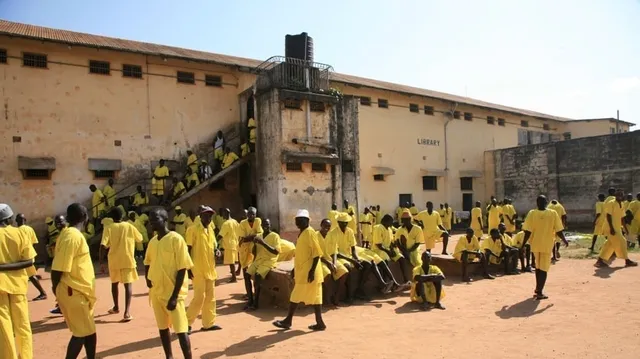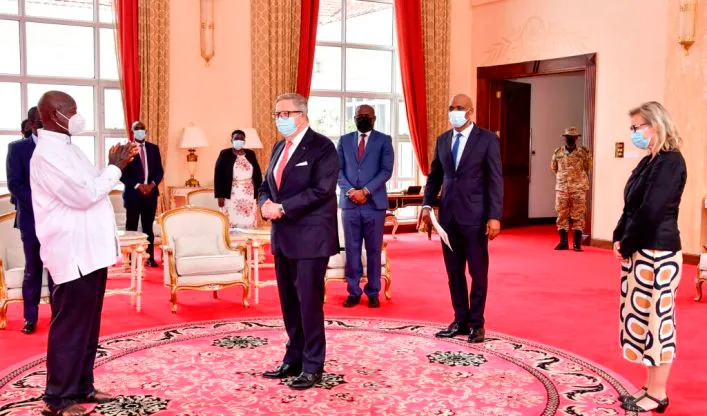Table of Controversy: IGG’s Decision to Drop Charges
| Date | Event |
|---|---|
| October 26 | IGG withdraws bribery charges against David Ebiru. No reasons provided. |
| October 25 | Withdrawal form signed by Deputy IGG Patricia Achan Okiria. |
| October 31 | Mr. Ebiru’s case was adjourned by Chief Magistrate Joan Aciro. |
| July 26 | Ebiru was set to appear in court, facing bribery charges for allegedly paying Shs100m as a bribe. |
| Ebiru’s alleged confession was made before Parliament’s Committee on Commissions, Statutory Authorities and State Enterprises (Cosase). |
The decision of Uganda’s Inspectorate of Government (IGG) to drop bribery charges against former Uganda National Bureau of Standards (UNBS) executive director David Livingstone Ebiru has sparked outrage and condemnation from anti-corruption activists. Critics argue that the ombudsman’s actions reflect a lack of commitment in the fight against corruption and are viewed as playing to the gallery.
A withdrawal form sent to Chief Magistrate Joan Aciro of the Anti-Corruption Court on October 26 did not offer any reasons for the IGG’s abrupt withdrawal of charges. This unexpected move was signed by Deputy IGG Patricia Achan Okiria on October 25. Mr. Ebiru’s case had been scheduled to continue on October 31, and he was facing charges related to his alleged confession that he paid a bribe of Shs100m to the National Standards Council (NSC) members to secure his job.
The withdrawal of charges against Ebiru drew strong reactions from figures such as Mr. Joel Ssenyonyi, chairperson of Cosase, who characterized the decision as regrettable. He commented, “Because it is corruption that keeps this government together, once you fight it, they will be fighting themselves, they will be cutting off their legs, which is why they cannot fight it.”
Mr. Marlon Agaba, the executive director of the Anti-Corruption Coalition Uganda, accused the IGG of not coordinating effectively with Parliament’s ongoing investigation into the matter. He asked why the IGG rushed to court when Parliament’s inquiry had not yet concluded. This lack of coordination raised concerns about the government’s commitment to tackling corruption.
Munira Ali, the public relations officer in the IGG’s office, defended the decision, citing a lack of sufficient evidence. She noted that the crime required proof beyond a reasonable doubt, which they could not obtain at the time. Additionally, Ebiru’s retraction of his statement in Parliament the following day complicated their case.
Despite the dropped charges, Munira Ali emphasized that the IGG is still investigating UNBS and assured that necessary action would be taken once the investigation is completed. The controversy surrounding this decision has raised questions about the effectiveness of anti-corruption efforts and government coordination in addressing corruption issues in Uganda.




















